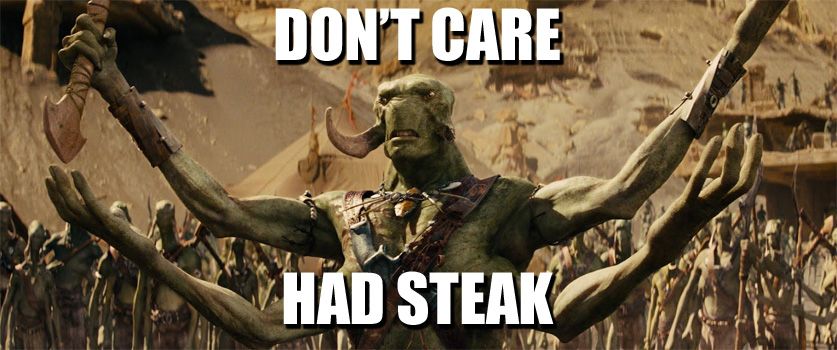Previous Marvel Comics superhero movies such as Iron Man, Hulk, Captain America and Thor were like roughly cut puzzle pieces that looked odd and unfinished by themselves—pretend movies derived from already established brands. Most of them, particularly Jon Favreau’s dung-colored Iron Man, were poorly directed.
Now, fitted together in Marvel’s The Avengers, the superhero tales still don’t quite cohere; instead, each superhero’s traits and powers have been simultaneously inflated and streamlined (Scarlett Johannson’s Black Widow, barely a cameo in last year’sIron Man 2, is almost a character here) with the sole intent to overwhelm, not merely entertain. That’s why a corporate brand is part of the title.
A live-action version of the comic book series about “The Earth’s Mightiest Heroes,” Marvel’s The Avengers is promoted as the ultimate Comic-Con—the franchise of franchises, the movie contemporary audiences have been trained to anticipate and genuflect to.
This whopping sales campaign manipulates immature, undeveloped adolescent taste into the mistaken notion of cultural fulfillment. The Avengers is neither good nor important, yet the more it consummates Marvel Comics’ current strategy to secure the adolescent comic book/graphic novel/video game market, the more it illustrates Hollywood’s shameless insufficiencies.
To discuss The Avengers as a story—or even a thrill ride—is delusional. Best to tally some of the actors’ deceits—which parallel the media’s complicit self-deception—as they trivialize the emotional satisfaction that is supposed to come from modernizing myth and legend.
The Captain America role traps Chris Evans, who was a great tease as the Human Torch, in an uninteresting anachronism, now a truly faded idea of American Exceptionalism. The same holds for the Halloween freakazoids Thor (Chris Hemsworth) and Bruce Banner/The Hulk (a CGIed Mark Ruffalo).
As villainous Loki, Tom Hiddleston, who was so moving in Spielberg’s War Horse and Terence Davies’ The Deep Blue Sea, comes closest to giving a performance. He suggests the intense young aspirant Peter O’Toole, though without the glorious voice and no story details to frame his petulance, just a pretext for the superheroes to fight his plan for world domination.
The film’s only probable hero is zillionaire gadgeteer Tony Stark, who Robert Downey has finally learned to make his own using hipster witticisms that lend this basically unhip movie erratic self-satire.
Only a capitalist icon with Stark’s endless resources makes sense to an audience of semi-illiterate consumers catered to by the leisure industries and discouraged from an interest in characterization, theme or ideas. That’s why Sam Jackson’s Nick Fury can simply watch action from the sidelines (occasionally firing off a gunshot or an epithet), pretending to be a leader in his ghetto eye patch. (Insert convenient Obama comment here.)
Director Joss Whedon brings TV squalor (Buffy the Vampire Slayer) to this, his second big screen superhero outing. Whedon doesn’t have Zack Snyder’s personal style, the élan that at least made Watchmen and Sucker Punch thoroughly idiosyncratic and fitfully compelling. Whedon directs impersonally, which is to say he manages the proceedings as one runs a fast-food joint.
This analogy ought to appall the very fast-food patrons who flock to The Avengers, yet cannot accept that an artistic enterprise should be more than ground patties of optional substance. Like Whedon, they can’t tell the difference between art and conviction-less product.
This proves the brainwashing that has happened to pop audiences in the generations since comic books and TV stole their imaginations from cinema and literature. Much of this tragedy has to do with the impact of TV (Whedon’s background), which has destroyed popular understanding of narrative complexity.
Each superhero should represent overcoming some social difficulty; now they’re just gimmicks. Whedon simply makes the action go on and on. He has no sense of dramatic build or rising to a climax. He overloads the spectator with one climax after another (imitating Michael Bay angles, particularly the same skyscraper-devouring turbine f/x from the last Transformers flick).
Unlike the lyrical teen fantasy Chronicle or Neveldine/Taylor’s daring Ghost Rider: Spirit of Vengeance, which addressed life, death and morality, Marvel’s The Avengers has little to say other than “Buy me!” Millions of mentally hijacked moviegoers will respond like Pavlov’s dog, barking “Wow!”



